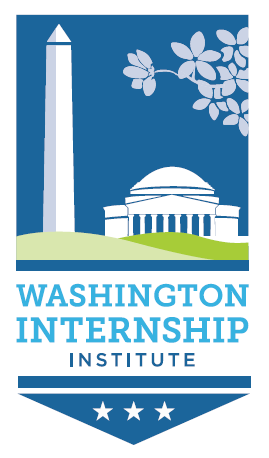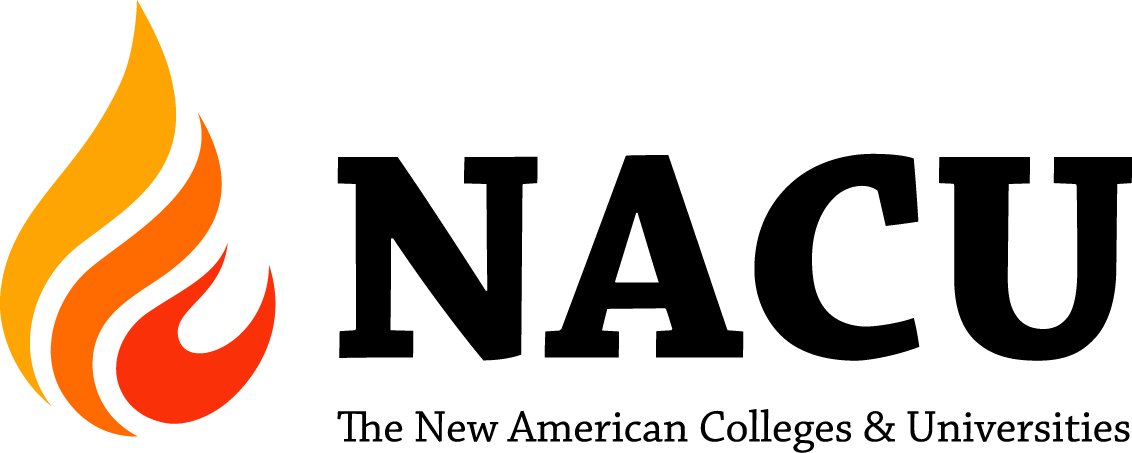Somewhere We Will Meet
/When I entered college, I think I can safely say that it was not just an expectation from my family that I would, but that everyone in my family and extended family viewed higher education as an unequivocal positive asset to individuals and society. My family had the entire range of higher education experiences — from my parents meeting at a community college, to my dad continuing to complete his BA, to my mom returning years later as what we would now call a non-traditional student to complete her degree, to a great uncle with a Ph.D.
Now, though, higher education does not enjoy that kind of ubiquitous esteem. I don’t pretend to know all the reasons why, but I do think some of it stems from higher education’s lack of engagement with the community and with its representatives. As Jeffrey Selingo notes in a recent article, this lack of engagement has not only resulted in decreased public respect for higher education, but real-world ramifications like the tax bill, which targeted higher education in a number of ways. He points out that this was not always the case: schools used to speak to the societal benefit of higher education, but
Lobbying also became much more fractured across higher education as schools fixated on parochial needs. Lobbying turned into a transaction, with fewer college leaders making the case for the larger societal good that higher education provides.
I am less concerned with Selingo’s focus on lobbying efforts than I am with this other concern: that college leaders are not doing enough to demonstrate “the larger societal good that higher education provides.”
I think there are a few causes to this. First, colleges and universities have (often rightly) been called on to prove the return on investment from students and their families. Thus, much of their focus has been on demonstrating in quantifiable ways how a college education will result in a good living for graduates. That is certainly a “societal good” — a prepared and educated workforce — but I think Selingo is talking about something more.
Second, I mentioned that higher education have had to prove their worth in quantifiable ways. This emphasis (some might say obsession) with quantification leaves out the qualitative benefits of higher education that I think Selingo is perhaps pointing too. There are things like citizenship, empathy, appreciation of diversity, appreciation of beauty and art that higher education also provides, but they are hard to quantify and also hard to directly connect to getting a job (though every employer talks about the soft skills required of good employees).
I think these qualitative benefits are more apt to provide a “larger societal good” than just making sure that a graduate can get a job. That they are harder to prove or explain just means that leaders in higher education need to do a better job of doing so.


